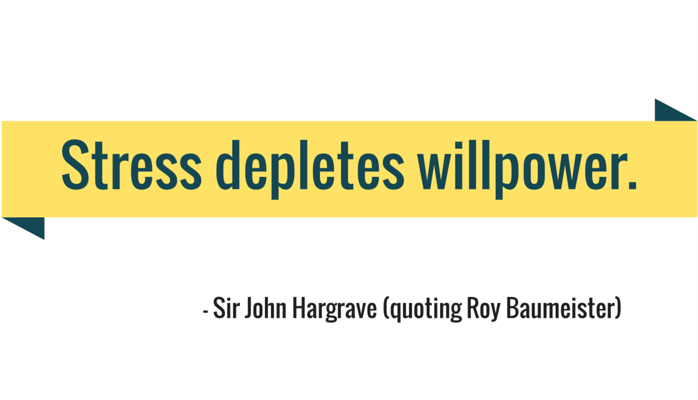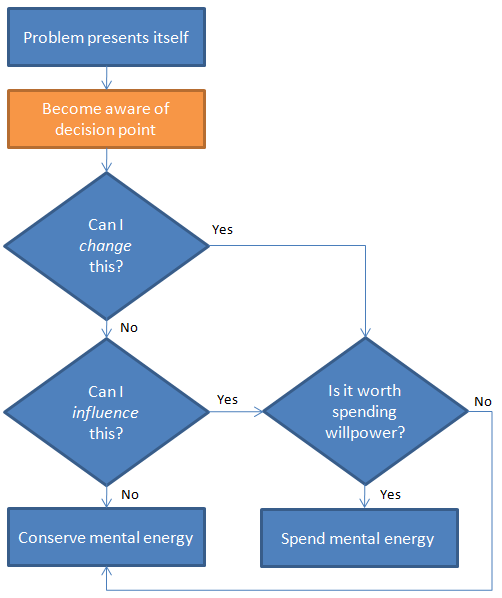I was scheduled on an early morning BOS-LAX flight, and arrived at the airport at the ungodly hour of 5:00 am. Even though the sun had not yet risen, the Delta counter looked like the streets of Calcutta: a sea of humanity, children screaming, the occasional live animal.
When I finally made it through security and to my gate, I knew we were in trouble when they started asking for volunteers to take a later flight. A few volunteers came to the counter, but they kept asking.
Finally, they announced they would be bumping forty people from the flight. Anyone who checked in after 5:00 a.m. would be scheduled for another flight. I looked at my check-in time: I had missed the cutoff by 12 minutes.
There was the a collective groan from the passengers, and people began queueing up behind the counter, grumbling about how early they had woken up, angrily demanding free tickets from the gate agent.
Through all of this, a well-dressed businessman was sitting next to me, reading his phone. “Did you check in before 5:00?” I asked him.
“Nope,” he replied calmly.
“You don’t seem too upset about that.”
He looked at me and smiled. “There’s not a thing I can do about it.”
We sat in silence for a while. I watched everyone in line. One woman was making exaggerated sighing noises, signifying that the universe had singled her out for some special punishment. She rolled her eyes and tapped her foot, then looked over at the businessman to my left, who remained as placid as a mountain lake.
Something about his reply had struck me. There’s not a thing I can do about it. Was he just a seasoned traveler, who had come to accept flight delays as a part of life? It seemed there was more to it than that.
The woman made it to the counter, and you could tell from her body language that she was harassing the gate agent, who apparently was able to control weather patterns. By this point, I was somewhat amused by the juxtaposition of the serene bodhisattva sitting next to me, and the woman at the counter, going on her 12th Oscar for Best Supporting Actor in an Inconvenienced Role.
Just before they closed the gates, they called a name. The guy next to me gathered his things and approached the counter. It seems they found one additional seat. They scanned his ticket, and he disappeared through the door. He made it on the plane. The woman did not.
Your Willpower Battery
On one level, this is a story about acceptance. On another level, this is a story about effectiveness. If you want to be effective in your career, in your business, in your life, I want to introduce you to the concept of “The Willpower Battery.”
In their excellent book Willpower: Rediscovering the Greatest Human Strength, Roy Baumeister and John Tierney cite multiple studies showing that each day, humans have a limited supply of willpower. In a typical experiment, test subjects are asked to solve impossibly difficult math problems (using their willpower), then taken into another room where researchers secretly watch how many M&Ms they eat. The longer they struggle with difficult cognitive tasks (depleting their willpower), the more M&Ms they eat.
In another study, women are asked to watch a tearjerking scene from Terms of Endearment. Some are asked to cry freely; some are asked to restrain their emotions. Afterwards, researchers secretly watch how much ice cream they eat: the ones who are encouraged to stifle their emotions (requiring willpower) eat more ice cream.
Not all the experiments involve food, but they all involve a central concept: when we use our willpower on one thing, there is less available for other things. Each day, you have a finite supply of willpower. It is very much like the battery on your phone, slowly depleting during the day. You can occasionally plug it in and get a recharge — but to get it to 100%, you need to leave it charging overnight.
I have a friend who has several dozen power-hungry apps running on his phone at all times, so he gets a maximum of six hours out of his brand new, high-end phone battery. He is constantly complaining about his battery life, but I keep thinking that if he took off a few of his eight continually-running GPS apps, the battery would last a little longer.
He is like that woman at the airport, who used up all her mental energy — all her willpower — before dawn, over something she could not control. We found out later that due to strong headwinds between Boston and Los Angeles, the plane had to carry extra fuel, which is why they had to bump forty people. You cannot control the weather! Getting angry at the gate agent will not change the pressure systems.
I was so taken by the guy sitting next to me, who was clearly refusing to give the matter any more stress or worry. It was as though he was jealously guarding his willpower battery, refusing to leak a drop of precious energy. He was in power saver mode. It was impressive.
As I sat there, watching that long queue of frustrated travelers, I reflected how much more willpower — how much more mental energy — the businessman would have for the rest of the day. When you conserve your willpower instead of wasting it, you can focus it back into the things that matter. You can channel that energy into your business, your job, your family, your novel, your content marketing program. You can be more effective.
Common Willpower Wasters
This sounds so logical and elementary as to be hardly worth writing about. But look at how we spend our days: screaming at traffic, complaining about the government, or mentally resisting things over which we have no control. We replay conversations with coworkers: what we should have said, what they meant, what happens next. We hold imaginary arguments with difficult customers. We plan alternate careers for incompetent bosses.
These thoughts waste the battery. It’s like leaving your phone with its screen turned on.
I am not suggesting that you walk around with a beatific smile, accepting everything that comes your way, nodding at the passing birds like an overweight monk. Sometimes action is necessary, when you can change or influence the situation.
The art of this is learning when to accept and conserve, and when to spend and control. When you run into a difficult moment, do a quick check before wasting one drop of mental energy. Ask yourself:
- Can this situation be changed?
- Do I have influence to change it?
- Is this worth spending today’s limited supply of willpower?
Before you react, you have to “short circuit” the thought process. Get in the habit of asking these three simple questions before you start depleting the battery. Become aware of your reaction! This is a mental skill, a “mind hack,” that you can learn. Here’s a flowchart.
Thinking in this way changes everything. You become obsessed with battery performance, which means simplifying and eliminating. You shut down all the negative thought processes that use up that precious battery power. You start directing the stream of willpower — of mental energy — to the places where you can make a difference.
Thinking this way doesn’t always get you back on the plane. But it does leave you with a lot more energy to soar.
Sir John Hargrave is the CEO of Media Shower and author of Mind Hacking, available in January 2016. This post is free to share under CC 4.0.

